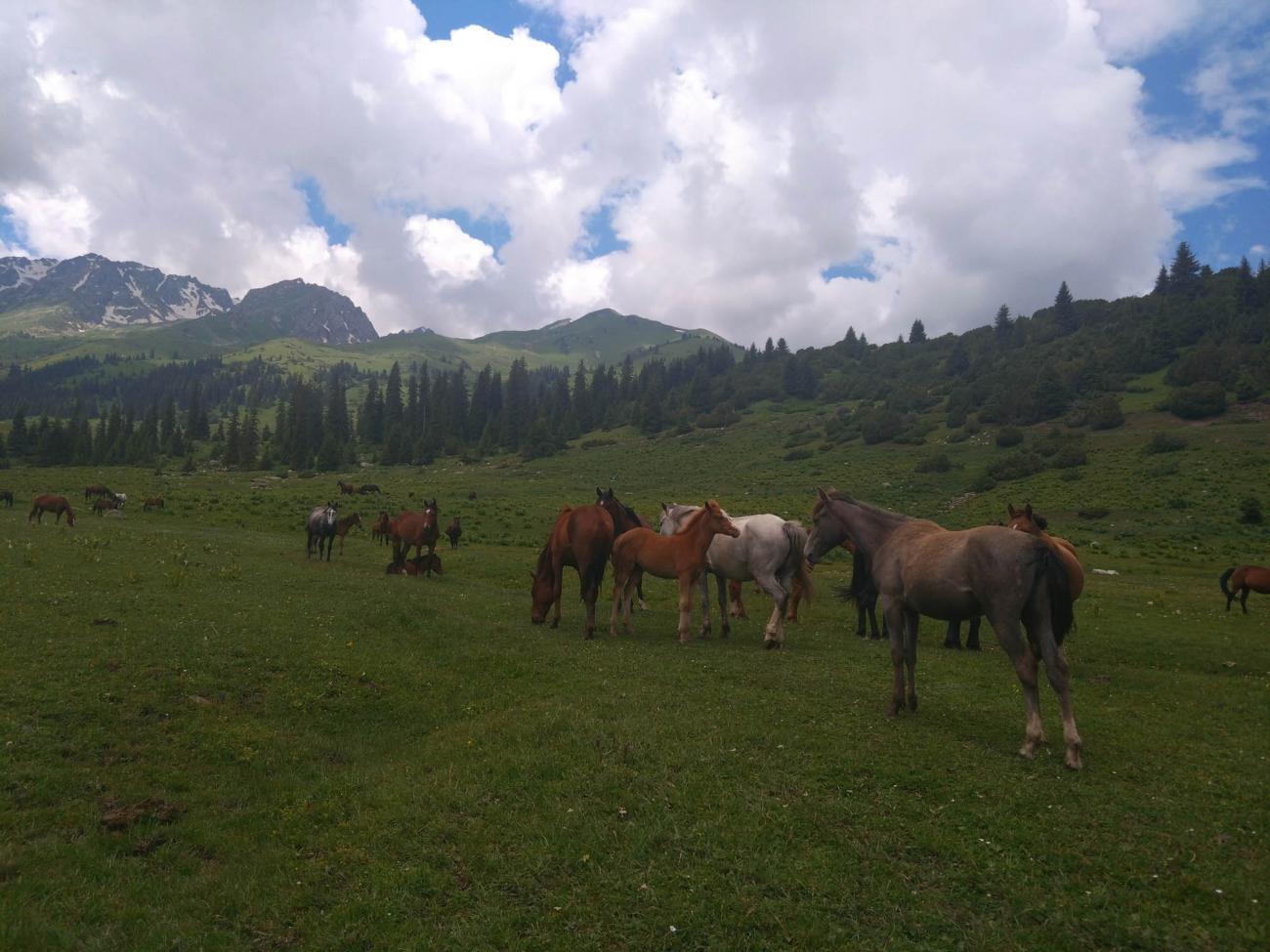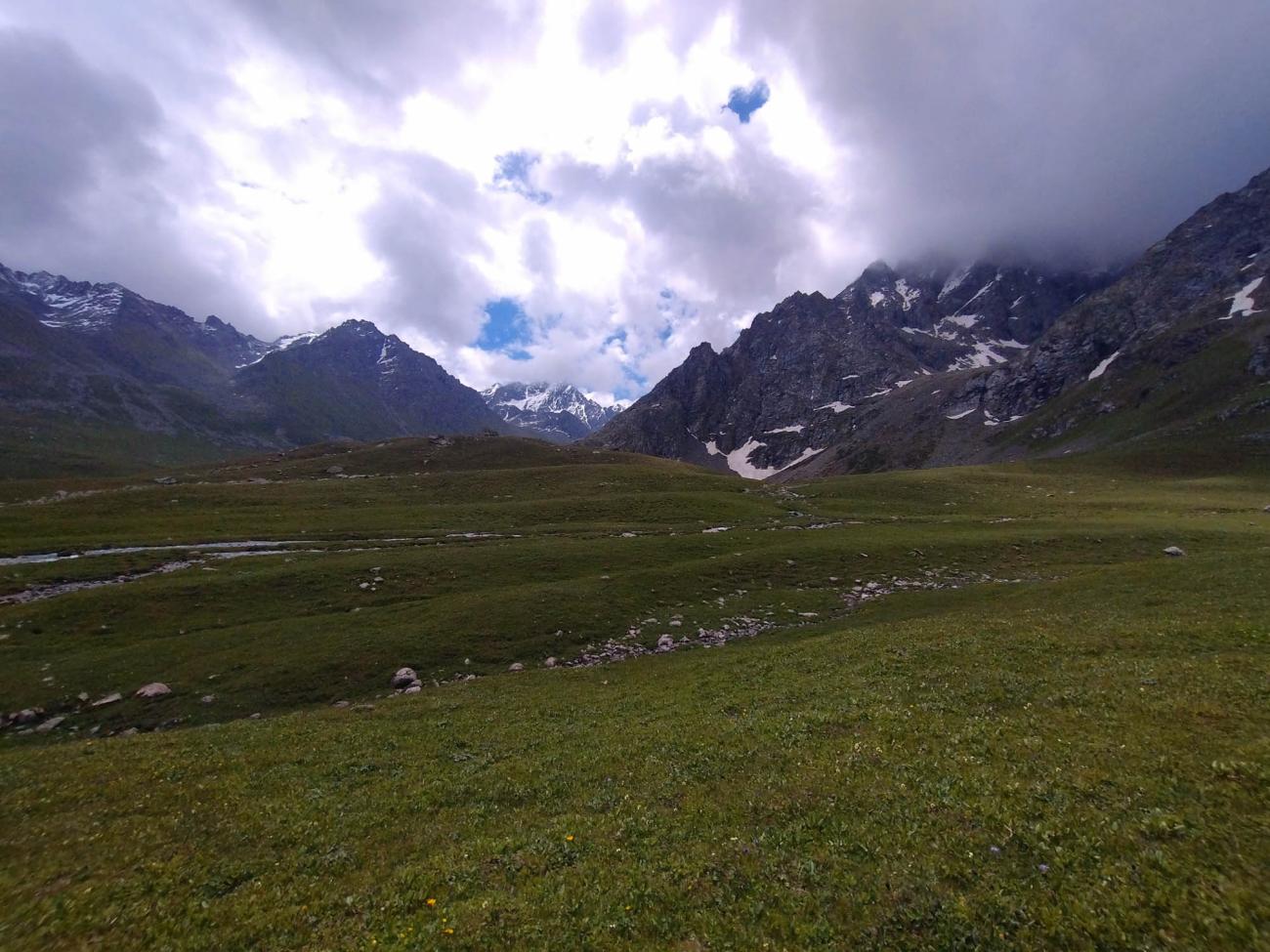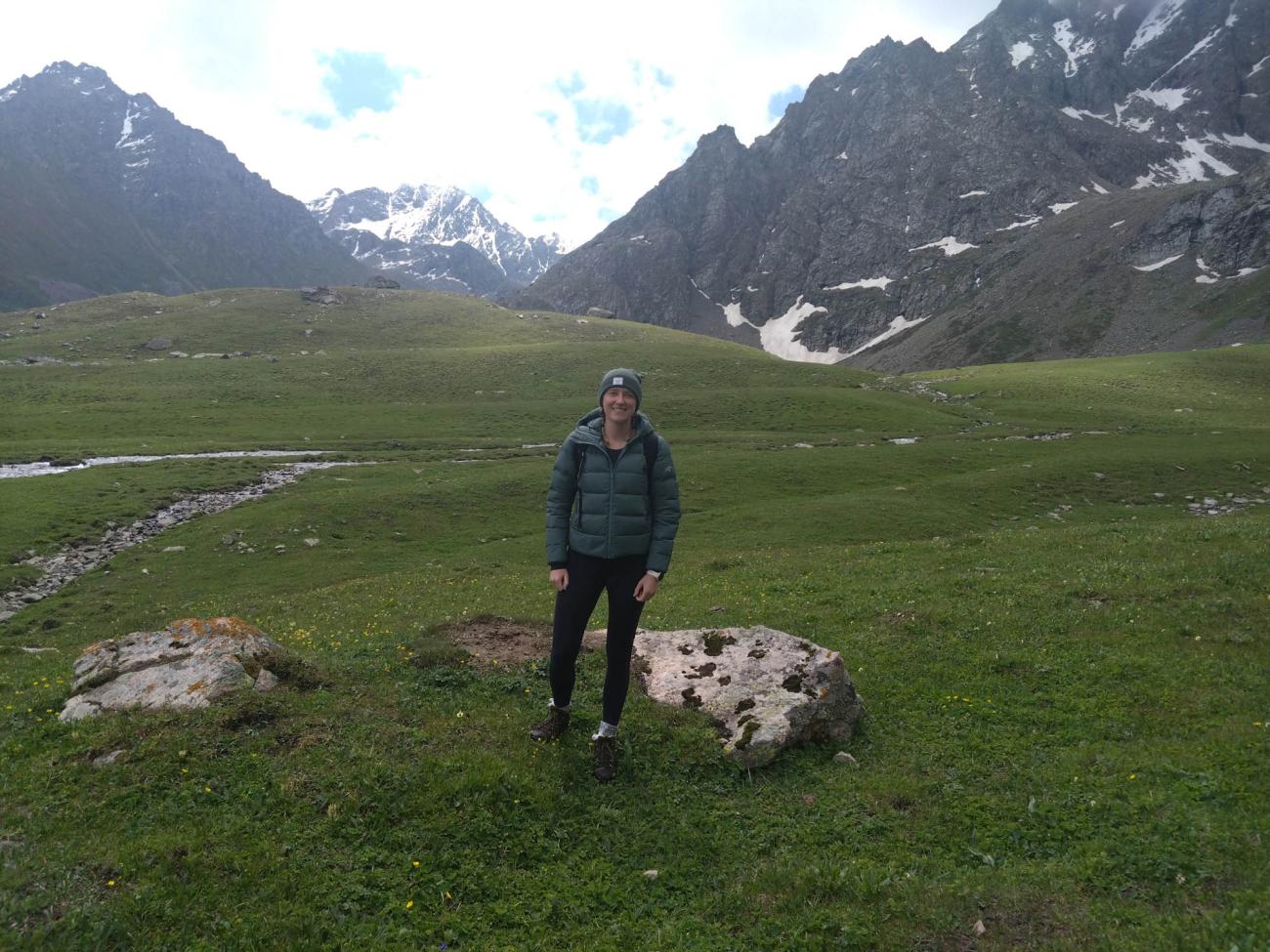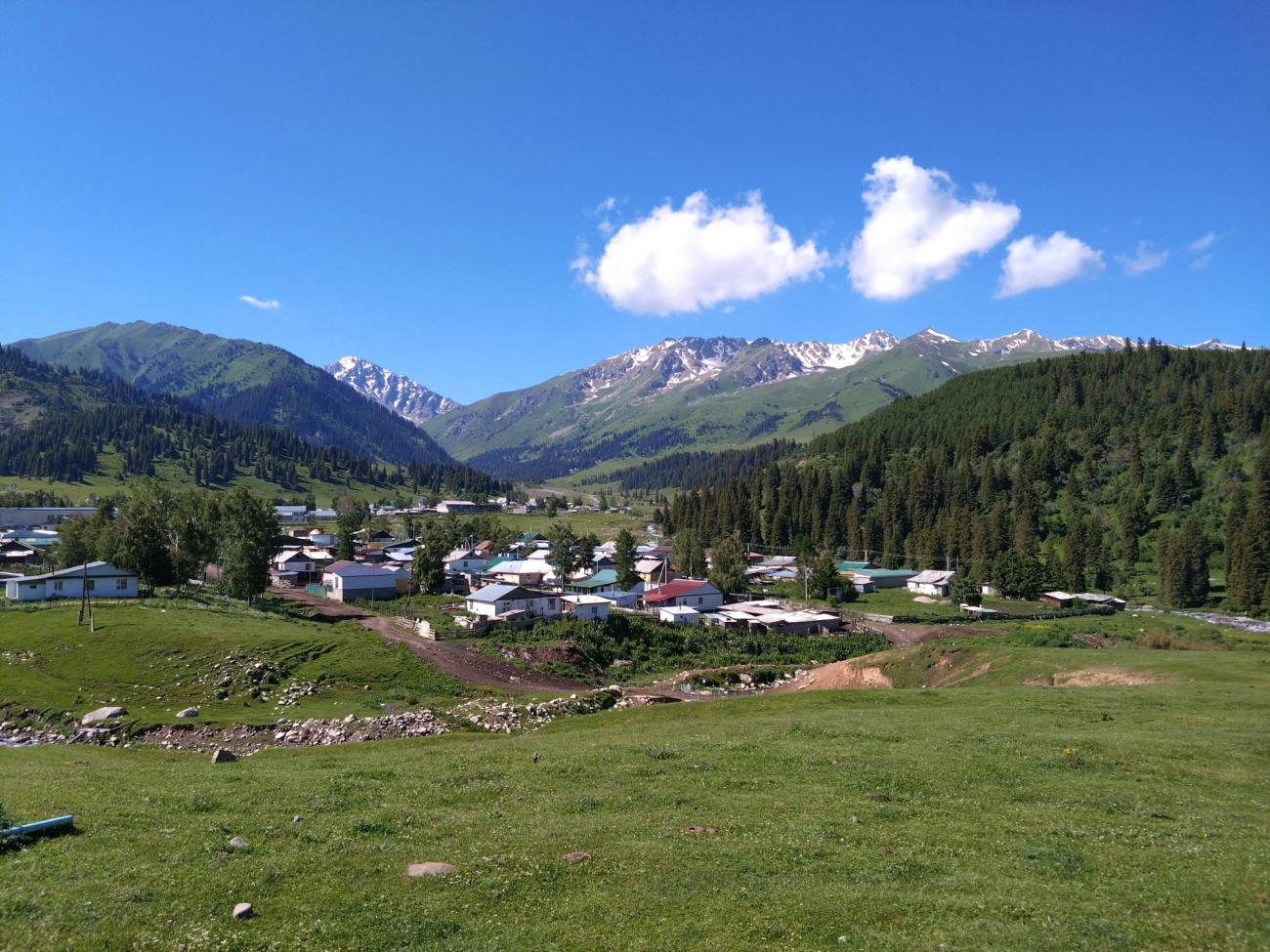Jyrgalan: hope in a forgotten corner of Kyrgyzstan
One of the first things my lovely guide Olga tells me when we meet and discuss our itinerary together is that Jyrgalan is one of her favourite places in Kyrgyzstan. When I press her for a reason she says it is hard to describe, but there is something about the history, the story and the impact that some important people that we would be meeting shortly have had on the area that keeps a special place for this depressed mountain village in her heart.
Jyrgalan was apparently once a prosperous coal mining village during Soviet times, however after the fall of the Soviet Union, things changed drastically and the town fell upon hard times with no industry or employment in the region. In most cases, those who could afford to leave left, and those who remained were reluctantly stuck there with little prospect of an improvement in their quality of life or opportunity. This part of the story is still very apparent when you walk around the village as many of the buildings are in a state of disrepair.

When we arrive at Ala Kol guesthouse, we are greeted by Gulmira, one of the owners of the guesthouse and an inspiring woman with an interesting story. Gulmira and her husband Emil are keen back-country skiers who spent a number of years testing the snow and conditions in every valley outwards from Karakol – what they found in Jyrgalan was exceptional. They saw the potential that the area had to offer, sitting at 2300m with 3 breathtaking peaks and virtually untouched by tourism. They started running backcountry ski day trips from Karakol but found that their guests were spending half their day travelling, so the obvious next step was to set something up locally. They bought a plot of land and built a small guesthouse from which to host their new operation which is still in use today.

Gulmira and Emil brought something back to the village that the residents did not think was possible. They offered jobs in their guesthouse and as guides and where possible, bought produce from local shepherds. They also started reinvesting in the village by way of rebuilding the local school and other such projects. Slowly, life began to return to Jyrgalan, first just in the winter months, but they soon expanded their range to summer activities too so they were offering year-round employment and investment. The Jyrgalan that you see today is still not a wealthy village by any means, but there is an energy, a feeling of hope and of growth.
In the summer months, they offer various trekking options in the local valleys which is what I was there to recce for Wild Frontiers clients. We headed up the valley, into the mountains to set up camp next to one of the Boz Achuk lakes through what can only be described as some of the most beautiful, green landscapes that I have ever seen, walking past rushing rivers and shepherds grazing their flocks on these lush summer pastures.

I have spent the past 2 and a half weeks recceing different hikes such as this one in various locations across the north-east region of Kyrgyzstan and can confirm that the country is full to the brim with some of the most epic passes and peaks, lakes, rivers and pastures any mountain lover can dream of. For me, Gulmira and Emil’s story about Jyrgalan is of course very special and inspiring in its own right, but also just represents something bigger. It is an encouraging story of how tourism conducted in the right way, can bring life back to corners of the world that really need hope and change.

Emil finished his story by mentioning that there is talk of bigger international investment and development in the area by way of a ski resort. If the plan goes ahead it would bring huge change and fast funds to Jyrgalan, but I must admit, the idea slightly horrified me. Sitting in the comfortable but simple locally run guesthouse imagining what the possible plans might do to the valley I had fast fallen in love with and picturing how quickly things could change was a scary prospect. I can’t help but hope that these plans do not go ahead. What I saw in the Jyrgalan of today is a beautiful story of slow but responsible development in a previously forgotten corner of the country.
